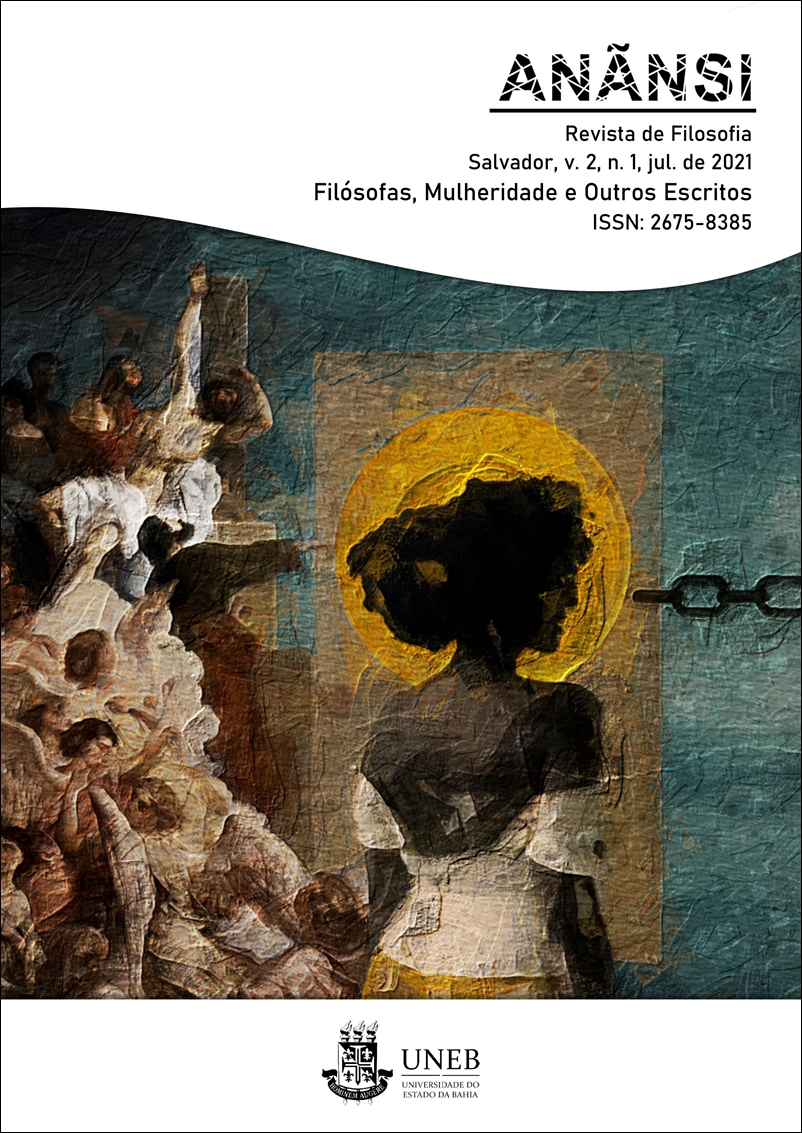Freedom and time in Spinoza and Bergson
between eternity and duration
Abstract
The time lasts inside us or outside us? Everything is time or the time while flow does not exist and all things have always existed eternally? In order to reflect on this delicate mystery that is time, this article rescues two philosophers very important to Western thought. Both dedicated themselves to thinking about freedom in their works, in view of this, I'll bring their notions about this typically modern question, relating the elaborations of freedom with a way that time was approached in each philosophy, although the concern with temporality are present to a greater extent in Bergson than in Spinoza. I'll proceed by opposing the two conceptual strategies used to think about the time: eternity and duration. I'll make the same counterpoint movement with his ontological proposals, always emphasizing the ambivalent way that they understand the duration and bringing the criticisms that Bergson made to the inflexible need of the Spinoza's God. I’ll also try to bring them together as they privileged intuition, either as a philosophical method or as a specific genre of knowledge. When we assume a philosophical friendship, it is very powerful and productive, especially between two great masters of intuition, friends of multiplicity and movement.





